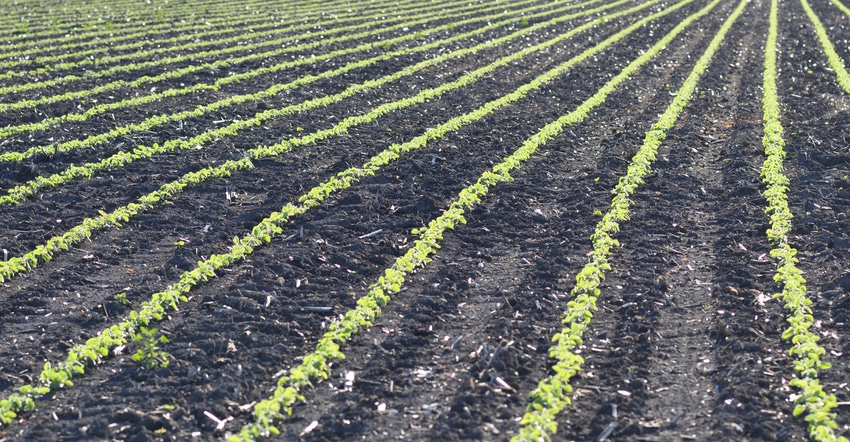October 10, 2017

By Ross Albert
In managing farms, I’ve learned it’s very clear that every landowner has unique goals for his or her farm — and therefore, the tenant and lease will need to align with those specific goals. Is it true that landowners are simply focused on the highest cash return per year? Not necessarily.
Case in point: The University of Illinois has decided to change its tenant selection process so it’s not focused on the highest cash return, but rather the best tenant for each farm. Cash rent levels will be set prior to tenants applying for the farm. The selection process will be focused on a tenant’s ability to serve each farm properly.
From my perspective as a farm manager, I think the long-term ramifications of this selection process will be a net positive. I have often said that if we (landowner, manager and tenant) take care of the farm, it will take care of all of us. In the short term, there may be some upfront cash left on the table, but if the farm’s overall health improves over time, the net effect will benefit all parties in the long run. Farm health would include fertility, pH, drainage, weed control, organic matter and production capabilities.
Here are a few key areas to evaluate that may help determine the best fit for each parcel.
• Flexibility is important for many farms. The best-laid plans may need to change based on any given production variable. An operation that does its own chemical and fertilizer applications can often adjust very quickly based on what each individual farm needs.
• Consider machinery capability for each farm. Bigger is not always better. There are many soils that will not respond well to heavy machinery and heavy tillage. Farms with erosion concerns need equipment that can maximize yield while minimizing soil movement. Similarly, there are some farms that need continued drainage maintenance. Farmers who can do more than just farm have value on certain types of farms.
• Look at operator’s level of vertical integration. Operators who have found a way to streamline their operation tend to be more flexible and profitable for both themselves and the landowner. Farming is much more than planting and harvesting. Having the ability to source competitively priced inputs, make timely applications and maximize marketing can create profitably on a farm than may not have existed previously.
Land of the future
The highest cash rent lease may not address these needs of the farm, but lower-returning leases rooted in long-term asset management will. One of my favorite clients often tells me, “The land belongs to the future.” That thought process will tend to steer leases to address long-term goals rather than short-term net cash returns.
So for landowners, tenants and managers alike, step back and understand the short-term and long-term impacts of their leases. Every landowner is free to set his or her own goals, but be sure to understand how your leasing strategy and tenant align with those goals.
Albert is a farm manager with Soy Capital Ag Services, Bloomington, Ill. He is a member of the Illinois Society of Professional Farm Managers and Rural Appraisers, whose members regularly contribute to this column. Email farm management questions to Carroll Merry at [email protected].
You May Also Like




